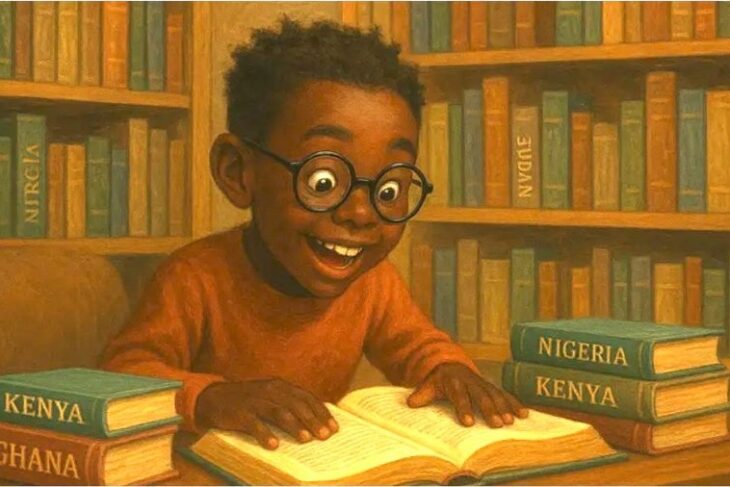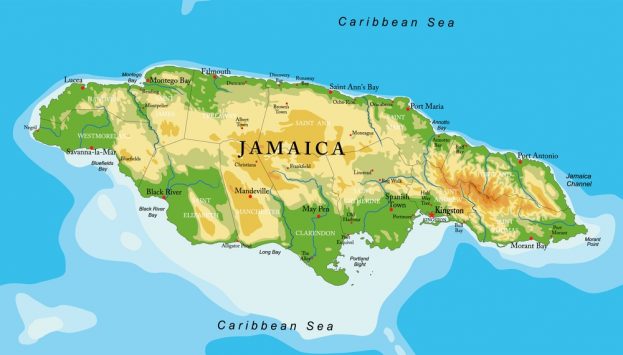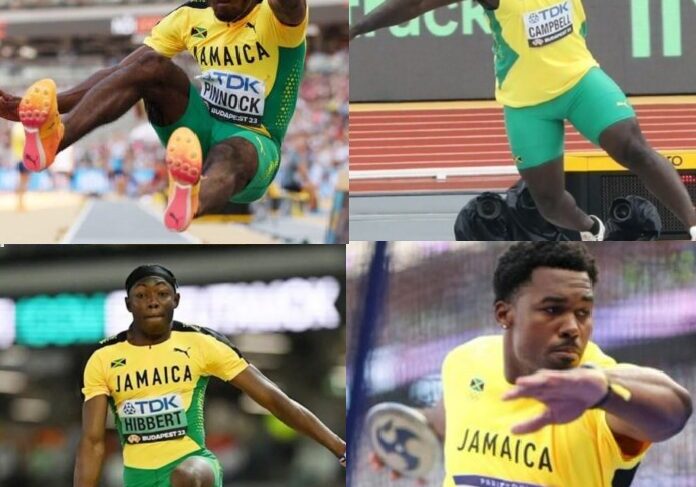
Peter Tosh’s famous song Equal Rights states there will be no peace till there is equal rights and justice for all. This is a cry which has been made for eons and one which is hard to argue against. Who, after all, wants to be treated like a second- or even third-class citizen, and who among us wants to have one law for the few and another for the many?
This cry has rallied many people to the cause of liberation, but upon closer examination we often find that these issues of equal rights and justice are almost never the be all and end all and their attainment almost never ends with satisfaction but is instead the calm before the next battle.
That is what we are focused on today — the day after equal rights and justice are attained. So, what is next, what is the struggle after equality and justice have been achieved? The next issue to be tackled are ones which often get confused and mixed with equality and justice, they are equity and a just resolution.
What is equity then, and what is meant by a just resolution and how do they differ from justice and equality? Equality, as defined by the dictionary, means treating all things the same. Justice is a concept of rightness (correctness) primarily based in law. Equity, on the other hand, means a proportional representation, being fair and or impartial, and the word just simply means acting on what is morally right and fair.
Remarkably similar, but in the end the devil is in the small details, and these small details which are rightly fought over as equality and justice are never truly enough. A few examples: Equality is what former slaves had after 1838 — the ability to get paid for labour as a white, etc, and justice, such as the ability to give evidence against whites and all those other things. They had no equity, no access to land for example (though as ‘equals’ they technically could purchase it), and no just resolution to the burning issue of repayment of some kind for the trauma of slavery.
More recently, we all are equal in the eyes of the law, if and when, we are hauled up before the courts. We also have access, due to this equality, to an equal justice system. Here comes the devil in the detail though. The person who was convicted of operating a pyramid scheme has not and probably will never see major jail time in large part due to his many well priced and learned attorneys, while the gentleman who stole ackees from the Governor General’s tree did hard time as he could not access such attorneys to plead his case. Here we see justice which is not just and equality which is not equitable.
We see a man rich as Midas given the same treatment as the man as poor as dirt — equal treatment for their crimes. We even see justice meted out to both, but can we honestly say that it is equitable that a man who ran off with untold millions of dollars did less time than a person who may be found guilty under the sexual offences act while a man so hungry and desperate he steals food from public lands does time with rapists? Can we say a just resolution has been achieved if one maintains the ability to access the ill-gotten gains and attend high society functions while the other, now with a record, is lucky if they can get a job on a construction site?
The list could go on. Nowhere do we see people, nations or societies accepting merely justice and equality because at the end of the day we are not equals and justice is invariably not fair. Communities are marginalised, there are power dynamics at play, and to simply have ‘equality’ between the powerful and the weak and have ‘justice’ work its course is a recipe for disaster.
The media baron and the peon have technically the same equality in that they can use free speech, but no equity as one has the medium and the other has nothing. Replace media baron with whatever negative image you want and we come back to the difference between equity and equality and there we see that once equality is achieved the next battle is equity.
Justice in the case of the Palestinian people — who to this day face trauma, hunger, depredation, and other hells which accompany an open-air prison — would mean a Palestinian state along 1948, 1967 or Oslo accord borders. Justice it may be, but it is not just. It is not a just settlement where the bereaved parties’ issues are given primacy. A just settlement would mean what both Palestinian and, to a lesser extent, Israeli citizens have been demanding: a one state solution river to the sea, a secular nation which would house Jews, Muslims, Christians etc.
Again we see the difference between just and justice; one would have a bereaved people have a ‘country’ bereft of resources and a people torn from ancestral lands, while the other takes into consideration both parties’ interests and comes to a solution with the bereaved party primarily in mind.
In crass terms, equality is giving two beggars the same amount of money. Justice is demanding that the father who has no money or hope for employment, maybe our unfortunate ackee stealer, pay support or be jailed. Equity is understanding that one beggar is a single mother so needs and must get more money. A just resolution is that the unemployed and unemployable dad stays home and minds the child and the house 24/7 while the baby mother works to feed the child.
It should be no surprise therefore that people join insurgencies, rebellions and underground movements which have these goals in mind. It really should not be a bolt from the blue that political parties which espouse these values attract a loyal following. Justice and equality are all fine and dandy if we are all on a level playing field, but we are not, and therefore some preferential treatment is going to be needed. As things currently stand in this equal world undergirded by justice, the strong are at an advantage.
It is time for equity and just settlements. Nothing else at this point will do, as MLK wryly noted after the Civil Rights Act, Black people were free to sit at the counter but unable to order for want of money. That was the classic dilemma of equality and equity, and he died demanding equity.
We are in such a state — equality and no equity, justice with no just resolutions — that we are on a tinderbox which has periodically blown up. This issue is something we can address. It will be hard, but it can be done with land redistribution, preferential housing, and loans. Also needed is a genuine understanding in our justice system of the issues which have driven the individual to crime and how we treat each ‘class’ of crime and criminal. These are the areas the world community, but specifically us in Jamaica, need to address in the coming years if we are to stave off the inevitable hoards which will be demanding it and condemning those who hold out.
No peace will come without a just solution, no prosperity and lifting of living standards without equity. We all, deep down inside, know this. We know this because we ourselves would be rebellious and restless if we lacked either. As we clamour for security plans which are aimed at one side and one side alone and seek to secure our national prosperity by backing those who do not really need backing, we must pause. They may be equal for all to access, and it may be the natural course of justice, but if they are not just and equitable then we must find another solution.
The apathy towards politics, the courts, and the increase in the ‘jungle justice’ phenomenon are simply the first shots in what could turn out to be a protracted breakdown as people search for equity and a just solution. We must either give the people equity and just solutions to go along with equality and justice or kiss life as we know it goodbye the choices really are that stark.



